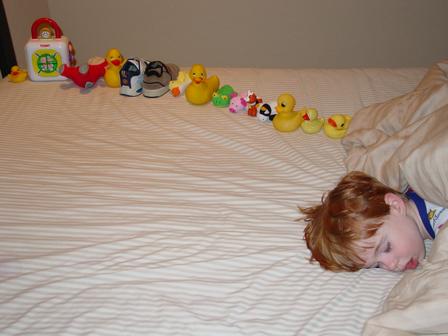
Experts share best autism practices with India
A research team from the University of Birmingham, UCL Institute of Education (IOE) and the International Institute of Information Technology, Hyderabad (IIIT Hyderabad) are currently visiting schools in Hyderabad, engaging with teachers and parents on how technology can support children with autism in India.
The researchers are part of TESSA, a project led and funded by the IOE that is concerned with knowledge transfer between researchers, autism practitioners, teachers and parents in the UK and India.
This project is the fifth in a series of initiatives run in close partnership with the School of Education, University of Birmingham. Over nine years, this partnership has resulted in the development of Technology Enhanced Learning (TEL) tools, methods and practices for supporting learning and social communication by children with autism.
TESSA represents an important milestone for autism research in that knowledge generated and technology developed through the preceding projects is now ripe not only for dissemination beyond the borders of the UK, but it is ready for being developed through input from researchers and practitioners in diverse cultures around the world.
If prevalence rates are similar to other countries, there could be over 10 million people with autism in India. This highlights the need to raise awareness and to improve the education of pupils with autism. Technology can be an enabler in this process, as it can be a powerful motivator for children with great potential for enhancing learning.
Previous research between the University of Birmingham and IOE has led to the creation of SHARE-IT, a digital platform that facilitates the continuity of support for children with autism across school, home and other relevant contexts. The research also called for sustained involvement of teachers and parents in autism research, as well as subsequently developing a new way of thinking and communicating between researchers and teachers about TEL.
All these elements have been incorporated in to TESSA and will be placed in the Indian context during a series of workshops in Hyderabad throughout April. Further design of the technology and its wider use will be specified, while methods for engaging the different stakeholders will be trialled. Researchers at IIIT Hyderabad will be trained in using the different methods which they will apply independently after the end of the UK researchers’ visit.
During their visit, the UK researchers will run workshops with parents and teachers at the Care4Autism school in Secunderabad and will work with children at their Autism Village in Greater Hyderabad on World Autism Awareness Day.
Dr Karen Guldberg, Director of the Autism Centre for Education and Research (ACER) at the School of Education, University of Birmingham and Co-Investigator in TESSA said:
“We are privileged to be working with teachers and parents of children with autism in schools in Hyderabad. Through sharing information about recent research and practice in autism education, we will all learn from one another.
“Our aim is to address how technologies can best be used in education and to consider how to design technologies in a way that is meaningful in the Indian context.”
Dr Kaska Porayska-Pomsta, Reader in Adaptive Technologies for Learning, IOE and Lead Investigator in TESSA said: “We are very excited about working in India with teachers and parents. We have been offered a great opportunity to extend our understanding and thinking related to culturally relevant autism best practices in general and to technology-enhanced learning in particular. Understanding the context in which technology-enhanced approach support is delivered is fundamental to us being able to tailor such support appropriately.
“We have a lot to learn from our Indian collaborators, which include teachers, parents and researchers, and we already know that there are many important insights from the way children are supported in India that are of relevance to the approaches adopted in the UK.”
Image: Creative Commons
Support Our Journalism
We cannot do without you.. your contribution supports unbiased journalism
IBNS is not driven by any ism- not wokeism, not racism, not skewed secularism, not hyper right-wing or left liberal ideals, nor by any hardline religious beliefs or hyper nationalism. We want to serve you good old objective news, as they are. We do not judge or preach. We let people decide for themselves. We only try to present factual and well-sourced news.







